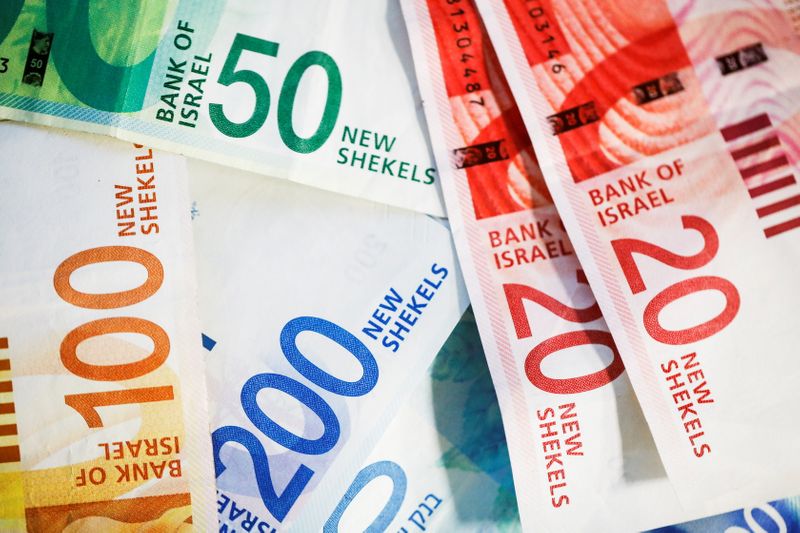The Bank of Israel has maintained its benchmark interest rate at 4.75% for the third consecutive time in response to the ongoing conflict with Hamas that started on October 7, 2023. The war, which has seen around 2,500 terrorists infiltrate Israel and caused approximately 1,400 deaths, is imposing a significant economic burden on households and businesses, affecting both real activity and financial markets.
In order to manage the crisis, the central bank is implementing a program to sell foreign exchange and enhance liquidity in swap and repo markets. This decision comes despite the shekel's depreciation, trading at over 4 to the dollar due to war conditions, which threatens to quicken inflation. The bank had previously raised interest rates in 2022 to address inflation caused by Russia's invasion of Ukraine but paused in July.
Inflation fell to 3.8% in September, above the bank's target range of 1-3%, but it's moderating. Amidst these conditions, the bank has reduced its growth forecast for 2023 from an earlier prediction of 3% to now just 2.3%, with a growth rate of 2.8% projected for 2024.
The government's budget deficit is expected to rise from 2.3% of GDP in 2023 to 3.5% of GDP in 2024 due to the war-induced economic impact. Despite most sectors of Israel's economy operating normally, there is significant ambiguity regarding the depth and duration of this impact.
Moody's (NYSE:MCO) has placed Israel under review for a potential downgrade due to the ongoing conflict. The Israeli military is preparing for a prolonged ground war with Hamas, indicating that the conflict might last longer and could have broader economic implications for the Middle East.
The Times of Israel Community is inviting readers to support their independent journalists through a $6/month subscription, offering an AD-FREE Times of Israel experience and exclusive content. This initiative is led by founding editor David Horovitz.
This article was generated with the support of AI and reviewed by an editor. For more information see our T&C.
